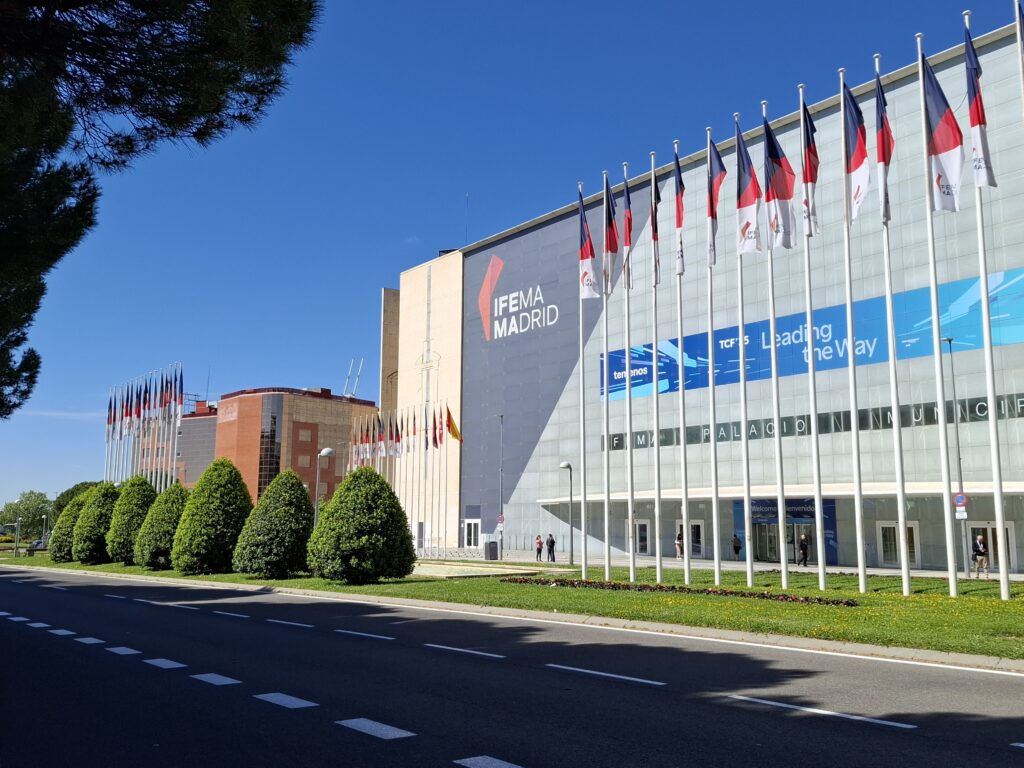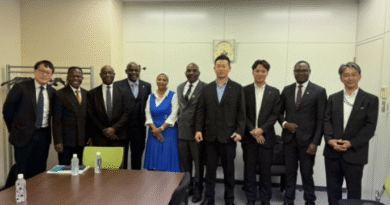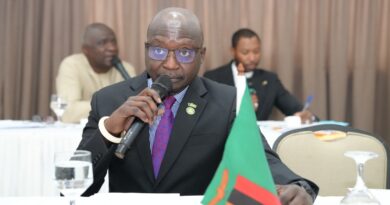African Leaders to Tackle Water, Sanitation and Climate Challenges at Madrid Summit
As Africa faces worsening droughts, floods, and water insecurity, government ministers and leaders from across the continent are set to convene at the 2025 Sector Ministers’ Meeting (SMM) in Madrid, Spain, on 22–23 October.
Co-hosted by the Government of Spain, UNICEF, and the Sanitation and Water for All (SWA) partnership, the meeting will bring together ministers responsible for water, sanitation, environment, climate, and finance from more than 60 countries. Its theme, “Breaking Silos: Uniting Political Leadership to Integrate Water, Sanitation and Climate Action”, highlights the urgent need for collaborative solutions to safeguard communities and bolster climate resilience.
According to the WHO/UNICEF Joint Monitoring Programme, almost 400 million people in sub-Saharan Africa still lack access to safe drinking water, while over 700 million do not have safely managed sanitation. Climate change is compounding these challenges, triggering prolonged droughts in the Horn of Africa, floods in the Sahel, and water shortages in Southern Africa.
These interconnected crises threaten health, education, food security, and economic stability. The SMM will provide an important platform for African governments to showcase progress, mobilise partnerships, and enhance accountability.
“Investing in water and sanitation is investing in health, education, and resilience,” said a UNICEF spokesperson.
Key outcomes anticipated from the SMM include:
- High-Level Leaders’ Pact on Water Security and Resilience: Governments will endorse ambitious, measurable commitments to close gaps in access and enhance climate resilience.
- Mutual Accountability Mechanism: A global framework will track progress, ensuring transparency and collaboration among governments, donors, and civil society.
- Integration with Global Agendas: Outcomes will feed into COP30 in Brazil and the UN 2026 Water Conference, ensuring African perspectives shape global water and climate policy.
Across the continent, countries are implementing ambitious initiatives, from Kenya’s climate-resilient water infrastructure projects to Ghana’s universal sanitation drive and Ethiopia’s integrated water and climate planning. The SMM will allow African leaders to share experiences, strengthen south–south cooperation, and accelerate progress towards Sustainable Development Goal 6 (SDG 6) — ensuring access to safe water and sanitation for all.
“African governments have shown that when political will meets partnership, results follow,” said Muyatwa Sitali, Acting CEO of SWA. “The SMM is where global commitments meet local realities, and Africa’s leadership will be critical to achieving lasting change.”



